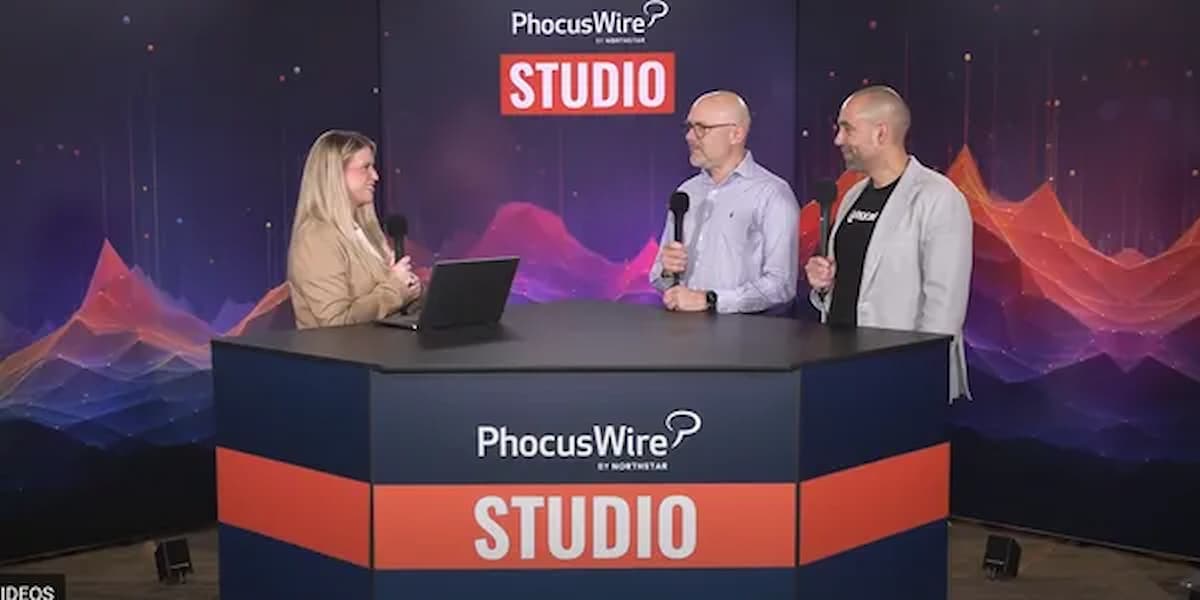Travel is all over social media — and it’s continuing to play a big role in travelers’ decisions while planning and booking their trips, according to research from Phocuswright.
But misconceptions around how travel brands should be using social media remain, according to experts.
“Travel brands are seeing social media as a category of the internet still when it’s increasingly becoming the way millennials and Gen Z access the internet altogether,” said Konrad Waliszewski, co-founder and CEO of @Hotel.
“Even Google admits now that most millennials and Gen Z search on Instagram and Tiktok before going to Google search for just about everything … I think it really has become the new search engine. People want to see videos. People want to see social proof,” he said.
David Armstrong, co-founder and CEO of HolidayPirates, discussed why it’s hard for brands to understand the value.
“I think the comparison to traditional search … paid search and the immediate return on investment [ROI], that’s a mistake that many brands do [make] comparing the performance of social media with,” Armstrong said.
ROI in social media marketing is a longer term play, he said.
Some key performance indicators such as clicks, traffic, engagement and shares can be measured more immediately, but when revenue and conversion take more time.
“It’s not so comparable with traditional ways of performance marketing. It’s actually not really performance marketing that you do on social,” Armstrong said. “You have to have a more hybrid mindset of it.”
And while it’s a lot of work to keep up with ever-changing algorithms and trends, the space has continued to expand and there is more opportunity for brands to benefit.
“The growth, it hasn’t stopped,” Armstrong said. “Essentially, if you really dedicate yourself to the channel and understand how to play it, it keeps growing.”
It’s important to stay agile and to keep an eye on emerging platforms, too.
“If a new platform comes out, we immediately jump in, and we’re just curious students of what’s happening,” Waliszewski said. “What we’ve found is … a lot of things have come, had a little moment of attention and then phased out. So we don’t over invest until the data shows that it’s working.”
While there’s a lot of room for success on social, it’s not as black and white in terms of how to have marketing success, Armstrong said. Instead, social media marketing involves some trial and error. But that’s not a bad thing, Waliszewski said.
“Let’s be honest, anyone in consumer travel cannot compete with Booking and Expedia on Google ads,” he said.
“What they can compete on is being first to these platforms, experimenting [with] these platforms. A lot of large incumbents won’t realize what’s happening on these new platforms, and then they’ll take so much time to allocate a team to start creating a strategy, and often will miss that wave.”
Organic social is the place to compete for newer companies, Waliszewski said, underscoring the importance of making an effort in that space.
The executives also touched on the most effective platforms, what has come and gone and how to navigate platform changes in an interview with senior reporter Morgan Hines in the PhocusWire studio at The Phocuswright Conference in November.
Source: Phocus wire






